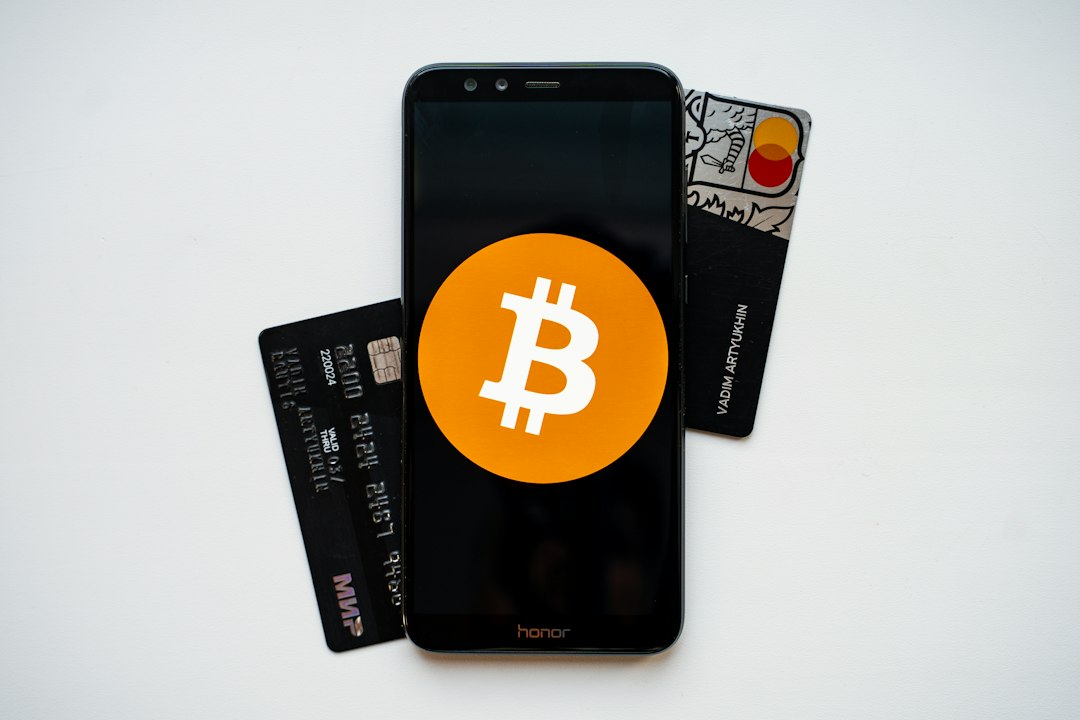Why the US Dollar Will Maintain Its Global Reserve Currency Status
The Bank of New York Mellon Corp. (BNY Mellon) believes that the U.S. dollar will continue to hold its position as the global reserve currency, despite the expansion of the BRICS economic bloc. While the BRICS nations have invited new members to join their alliance, BNY Mellon’s head of market strategy, Bob Savage, argues that this alone is insufficient to challenge the dominance of the USD.
Instead, Savage suggests that new currency unions should explore technological solutions or the use of green baskets, rather than relying on gold or carbon-based alternatives. This aligns with the BRICS leaders’ recent agreement to promote the use of local currencies in international trade, reducing dependence on the U.S. dollar.
However, BNY Mellon points out that the inclusion of Iran, the UAE, Egypt, and Saudi Arabia in the new BRICS group could make it a major player in energy exports, particularly oil. This could potentially lead to the introduction of a commodity basket backed by gold and oil. Nevertheless, Savage emphasizes that the future of the dollar’s dominance will be determined by technological advancements, particularly in high-end computer chips.
Hot Take
The U.S. dollar’s global dominance is not under immediate threat from the expansion of the BRICS economic bloc. While the alliance may seek alternatives to the USD, the focus should be on technological solutions rather than traditional commodities. The inclusion of energy powerhouses like the UAE and Saudi Arabia in the BRICS group could impact the energy transition to sustainable sources, but the true determinant of the dollar’s future lies in advancements in high-end computer chips.





 By
By
 By
By
 By
By


 By
By